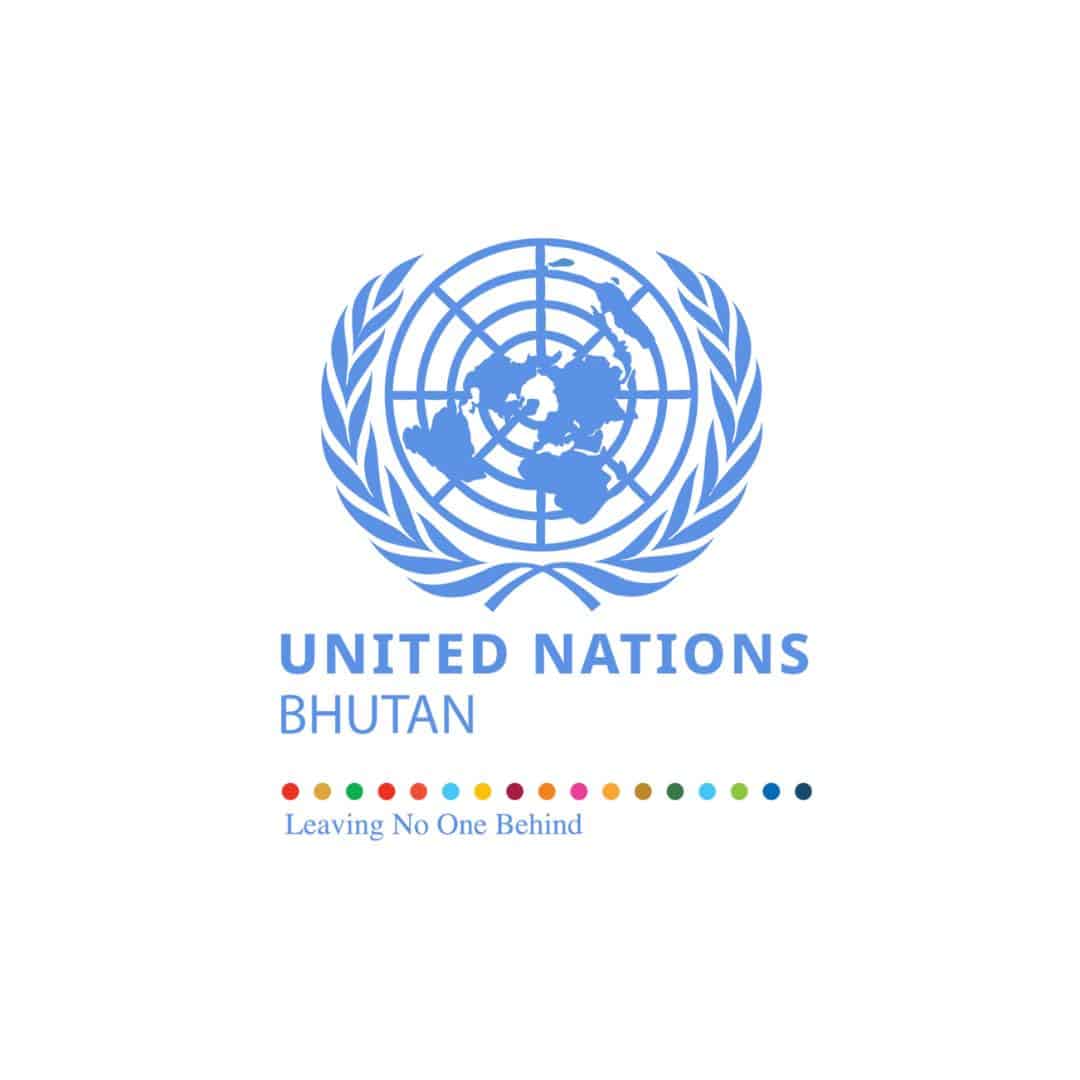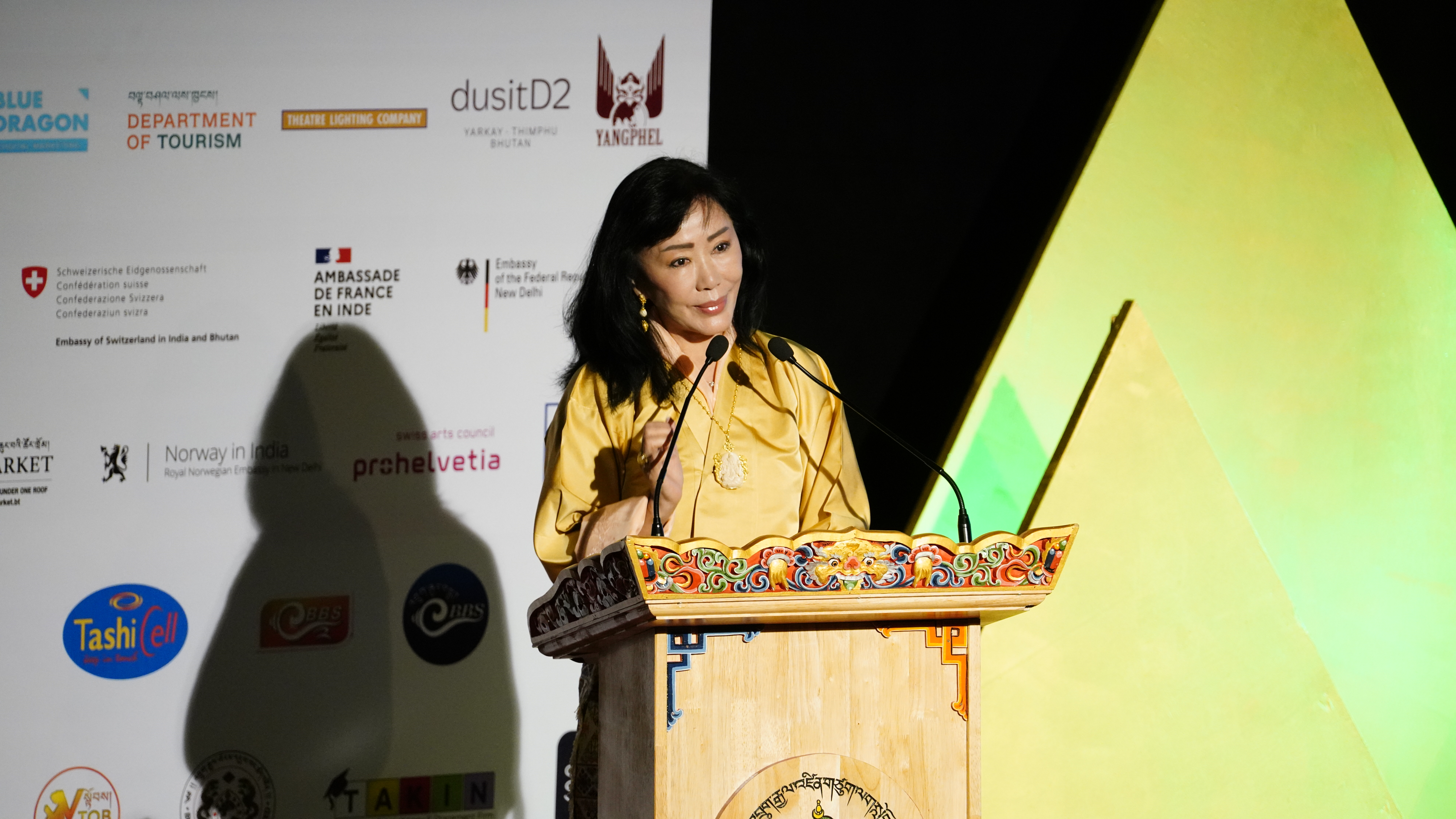Every few months, my mind crowds and I lose my ability to concentrate. It lasts three days or a week, or, catastrophically, two; my writing stalls out and soon after, so does my speech. For years, the remedies were books and late-night comedy specials—they still do the trick, but a little too slowly. Recently I’ve learned that this sluggishness comes about whenever I experience an existential crisis (which is quite often) – when questions like ‘What is my purpose in life?’ ‘Why am I always working?’, and the dreaded ‘Am I happy?’ plague me more often than the email notifications on a Monday morning.
The discourse around happiness is something I encounter more often than the average person would suspect. Perhaps it’s because I am a Bhutanese living abroad, and most introductions will be punctured with inquisition about my general level of happiness.
They’ll ask: ‘Isn’t Bhutan the happiest country in the world? Are you all always happy?’
I’ll reply: ‘Yes, we have a Gross National Happiness index. No, we are not always happy. I mean I certainly am not!’
I don’t go in much for light-hearted answers frankly, I find anything that sounds too overtly happy deflating, for reasons that I will continue working out with my therapist – just kidding!
I feel like I am starring in a coming-of-age novel – where an intelligent young woman wakes up one morning to question her entire existence because she has lots of ideas about the world but no clue how to live in it (Except, in this case, you scratch the intelligent young woman and replace her with someone who is perpetually paranoid with really bad stress habits).
I always find it very difficult to answer this question (or to list down the things that make me happy) with the careful nuance the subject requires. One reason for this is because most of us assume that happiness is a binary state – you are either in joyous triumph or a miserable wretch (and I am almost never the former). It’s a question you can only answer when you think about this concept on a deeper level. Most of us never think about measuring happiness. Or, we simply assume we know how to do it.
I read somewhere that happiness is having:
- Something to do
- Someone to love
- Something to look forward to
While I think this is a pretty good start, conventional thinking about happiness implies that other things or people make us happy. Why is it that we believe something or someone always has to make us happy?
I think that’s the biggest problem with happiness. Why do we keep associating happiness with external things like career, love, and money? And how much of it do I need to be really happy?
Maybe I was just born anxious and angry and this is how I find peace with the universe. Or maybe I am just miserable and everyone else is feeling something I am not.
Being happy implies permanence – it implies you have completed all your prerequisites and now you get to sit atop your giant pile of happy forever. You have retired from the everyday roller coaster of emotions and simply revel in your happiness.
And this is why I have a problem with Bhutan being dubbed as the happiest place on earth – and with the literal assumption that all its people are happy.
By and large, the narrative put forth by popular media propagates the notion of a naïve blissful nation – albeit enticing – where tribes of smiling people are constantly gripped in song and dance, which sees itself as the be-all and end-all definition of happiness. This is a dangerous half-fiction which needs to be fought on all fronts. It incubates anti-intellectualism and a sense of entitlement, and perhaps even more troublesomely, manages to distort how Bhutanese people perceive themselves. And I have come in contact, with people who care less about being useful to our country and more about our perceived level of happiness by the outside world. There is so much more than smiling and dancing to Gross National Happiness – and we need to push that forward! (To be elaborated in a separate post)
But …
Happiness is not some self-driving car taking humanity to a pre-set destination. If the gains of happiness are to endure, then there must be something else that champions it long-term. Our sense of happiness is so brittle it can be destroyed by simply asking whether it exists or not.
Instead …
I prefer the pursuit of usefulness over the pursuit of happiness.
Thinking about usefulness takes one’s murky intuitions about life and returns them in vivid, perfect form, like the mess that only distance can help make coherent.
I believe pursuing this feeling of usefulness is more important/accurate than happiness because ultimately being useful and having a purpose in life – i.e adding value to my community and to myself makes me feel more fulfilled, more alive – all the things we associate being happy with.
When I am working, or reading, or exercising, I am not smiling or beaming with joy. In fact, when I do these things, I am often suffering. But I do them because I find them meaningful, and I find myself being useful. I find them compelling. I do these things because I want to be tormented and challenged. I want to build things and then break them. I want to be busy and interesting and brimming with ten-thousand moving parts. I want to hurt so that I can heal. I’m not happy – I am busy. I am interested. I am useful.
I think it all boils down to a story of balances – of having useful things to do but also being grateful for being able to do these useful things. It is also a withering of external judgment and validation and doing exactly what you find fulfilling.
Going back to this:
… Happiness is having:
- Something to do
- Someone to love
- Something to look forward
I think this inevitably touches on aspects of
- Usefulness (when you have something to do)
- Belonging (when you love someone)
- Hope (when you have something to look forward to)
… more than happiness itself.
Now if you ask me if I feel useful, if I have a sense of belonging and if I am hopeful about the future – the answer will most likely be a more straightforward Yes!














